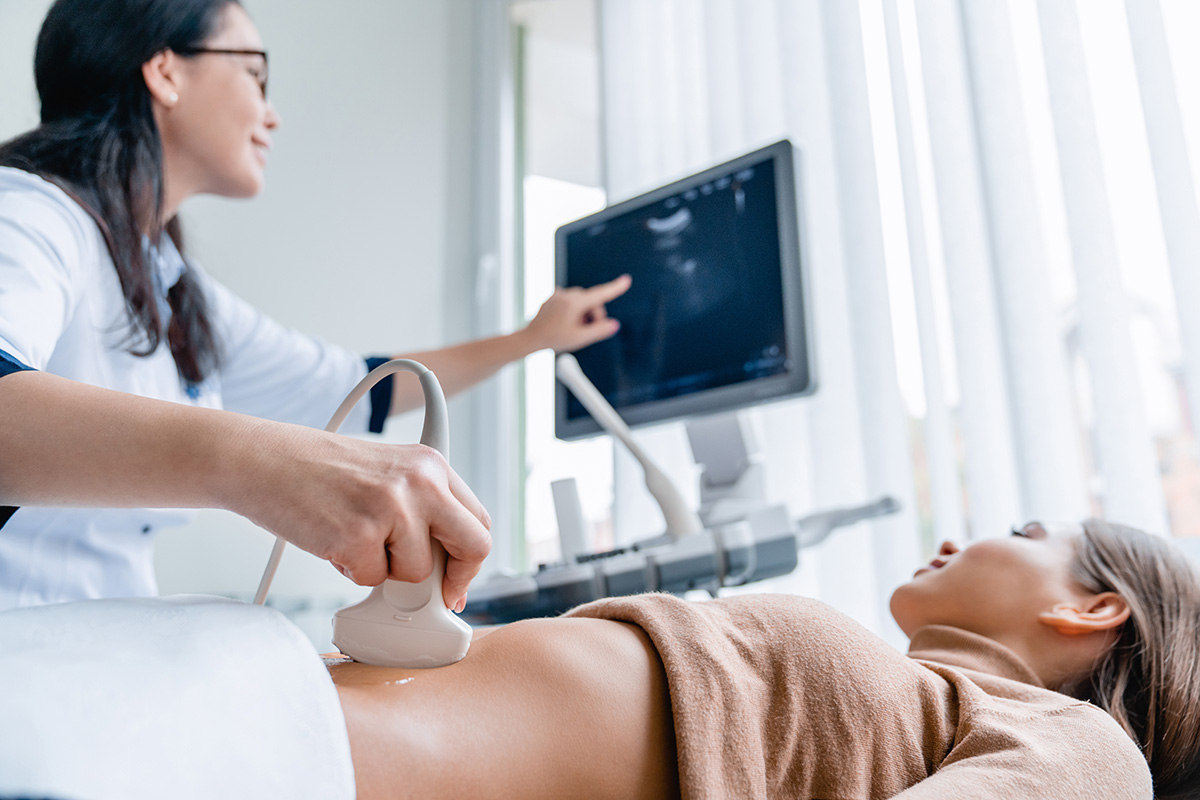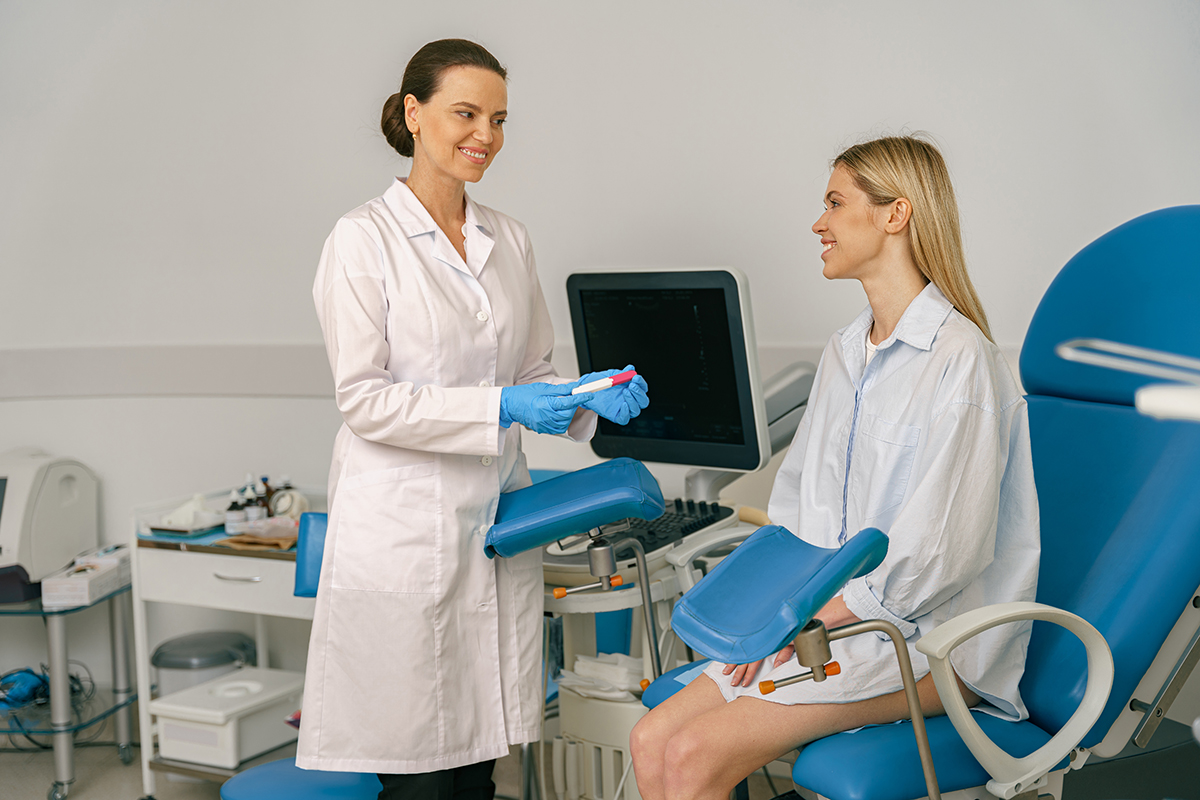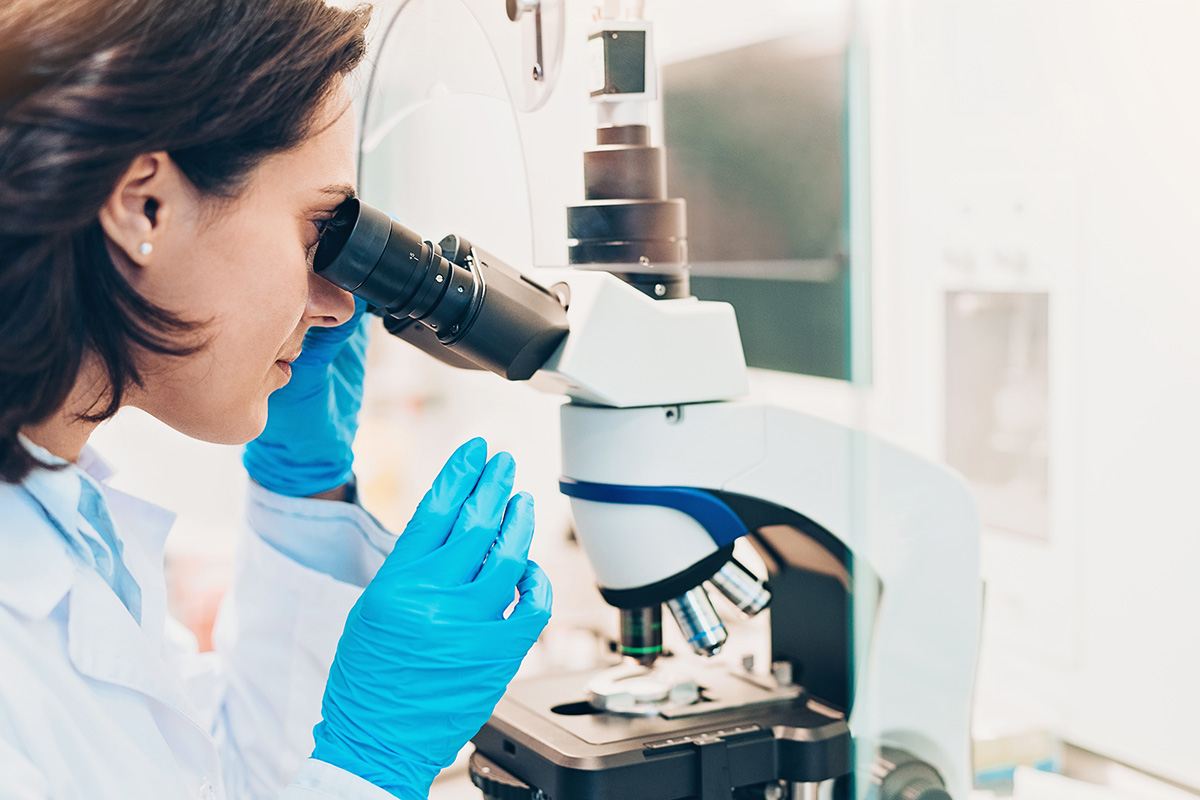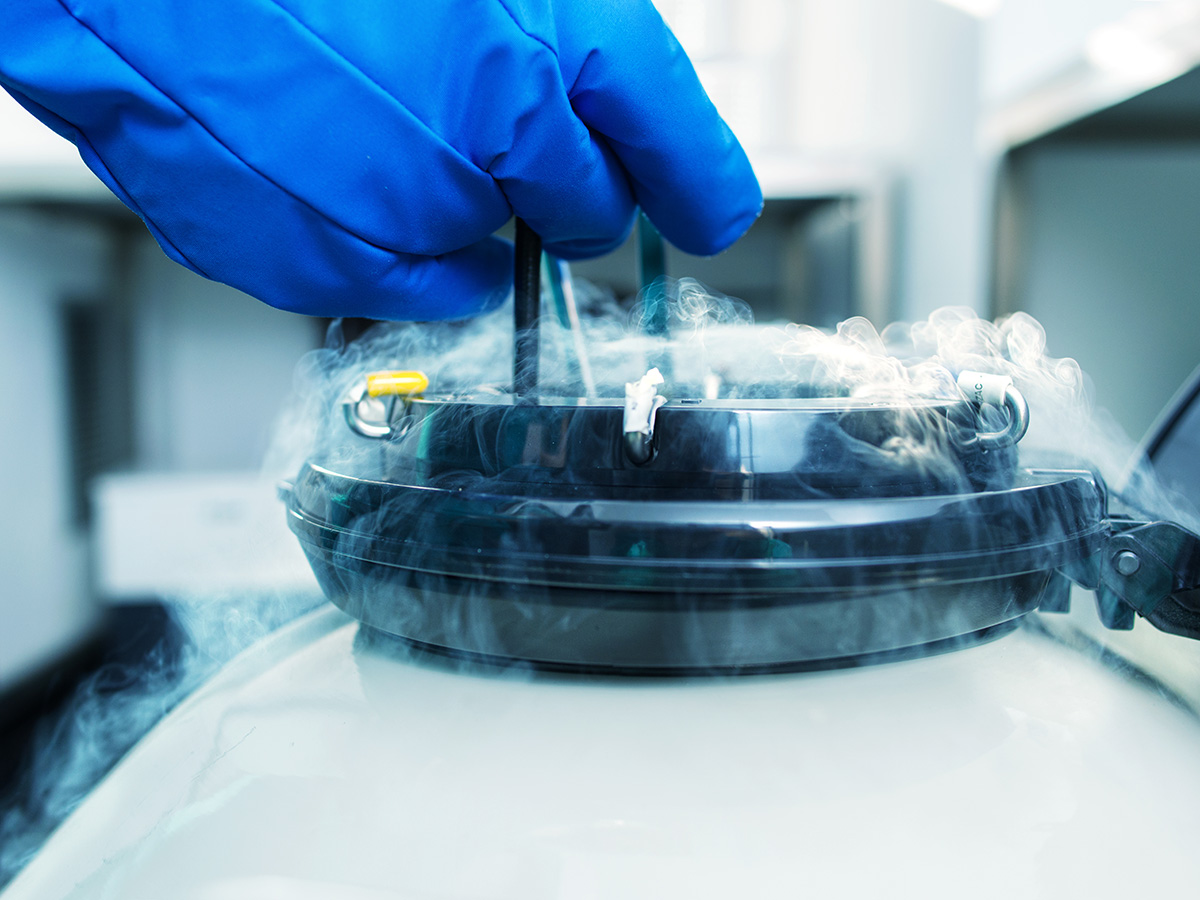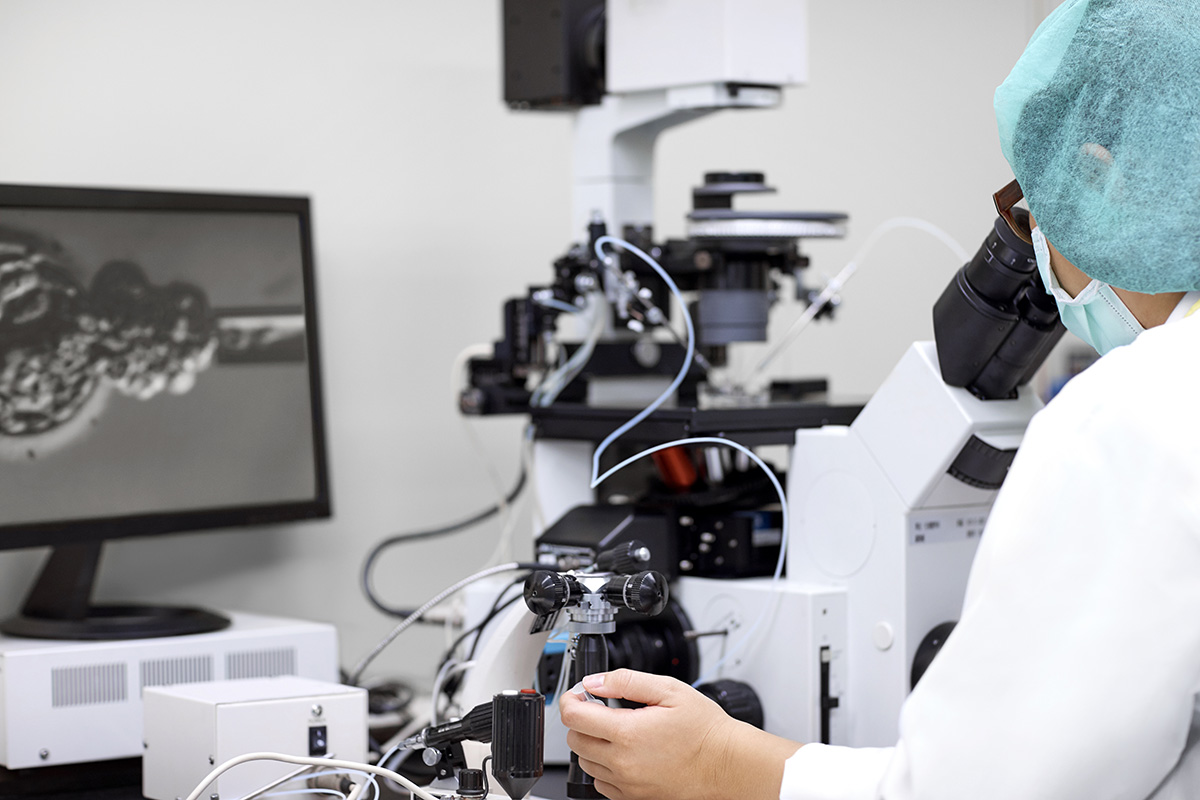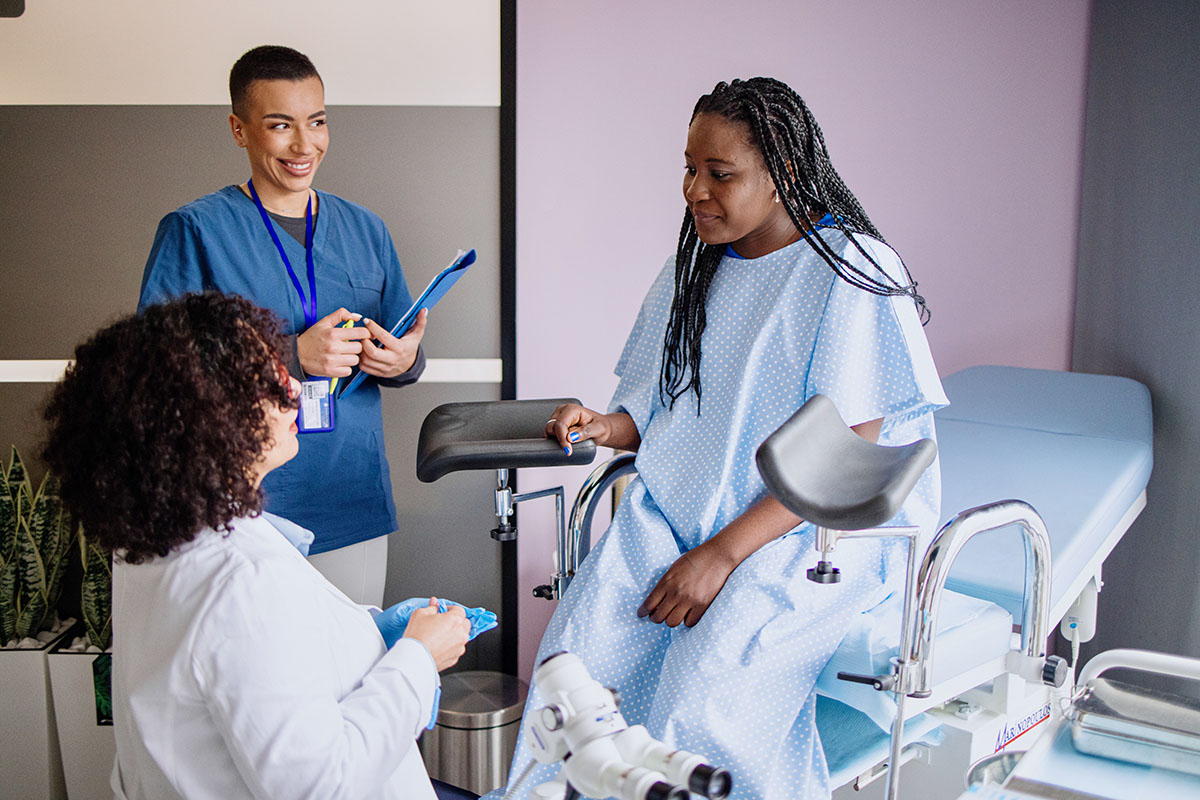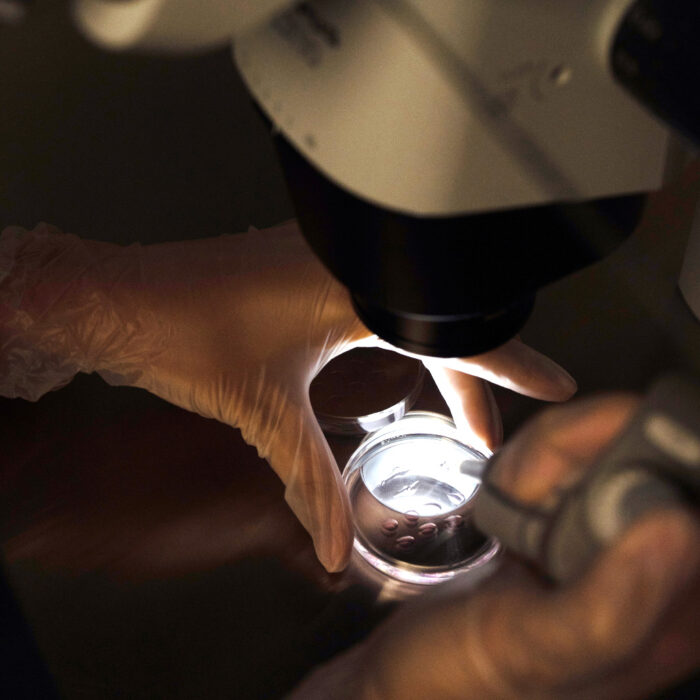
About egg freezing
Understanding egg freezing
An increasing number of women are opting for egg preservation, a straightforward process that spans roughly two weeks without significantly impacting your daily routine. This procedure involves the collection and freezing of your eggs, which can be thawed, fertilised, and transferred to your uterus via IVF at the time you decide to become pregnant.
It’s important to note that opting for egg preservation does not affect your ongoing fertility. Your body will continue to ovulate monthly, maintaining the possibility of natural conception even after your eggs have been preserved.
The 7 steps to freezing your eggs
Considering fertility preservation in Portugal?
Our English speaking team of experts are here to answer your questions in a free, non-obligation conversation.
Complete the form and our team will be in touch to arrange a time that suits you.
More about Egg Freezing
Egg Attrition
It’s important to understand that not every egg retrieved will result in an embryo. The amount of eggs retrieved will decrease in number as they go through the freezing and thawing process. Not all viable eggs will fertilise, and among those which fertilise, not all will result in a transferrable viable embryo.
Recommendations
Please consider the following guidelines* regarding the number of eggs to freeze, which vary based on your age. Depending on your age bracket, you may need to undergo multiple cycles of egg freezing to achieve your desired quantity.
A study published in Fertility and Sterility* found that for women under 38 years old, freezing between 15 and 20 eggs could result in a 70–80% chance of having at least one child. Conversely, women aged 38 to 40 were advised to freeze 25 to 30 eggs for a 65–75% chance of achieving a similar outcome.
However, it’s important to note that every woman’s situation is unique. Your fertility specialist will provide personalised recommendations based on factors such as your age, how many children you would like to have, and your fertility assessment results.
They will collaborate closely with you to determine the optimal number of eggs to freeze for your specific needs.
*Fertility and Sterility – VOLUME 105, ISSUE 2, P459-466.E2, FEBRUARY 2016
How many eggs are collected in a single cycle?
The quantity of eggs retrieved during an IVF cycle can vary greatly, influenced by individual physiological factors. Nonetheless, women under 35 generally yield an average of 10 to 15 oocytes per stimulation.
Egg freezing prices
Here are the costs associated with the egg freezing procedure. This includes all consultations, ultrasounds, the egg aspiration procedure, and storage for five years. Please be aware that medication costs are not included.
Egg freezing
Why choose us?
Quality and safety
Our commitment to quality has been pivotal to our success and has contributed to our recognition as a reference clinic in Portugal.
Complete range of services
We provide the complete range of services, from egg freezing to IVF treatment, enabling us to support you throughout your entire journey towards parenthood.
Upfront pricing
We prioritise transparency by providing clear, upfront pricing
Patient first ethos
Our philosophy emphasises patient autonomy, informed consent, shared decision-making, and personalised care.
Best-in-class fertility technology
Procriar is a pioneer of fertility technology in Portugal, contributing to innovative advancements that have positioned us as a respected clinic in the field.
Learn more about egg freezing
FAQs
How long can eggs be stored?
In Portugal, eggs can be preserved for renewable periods of 5 years. However, embryos created from these eggs can only be used until the day before the individual reaches 50 years of age.
What happens to fertility without egg freezing?
As individuals age, natural decline in the number and quality of eggs occurs, particularly in the late 30s and 40s. Although fertility varies among individuals, ageing typically leads to reduced chances of conceiving. Without egg freezing, fertility potential follows the natural ageing process.
Is egg freezing painful?
Egg freezing involves manageable discomfort rather than intense pain. Ovarian stimulation, egg retrieval, and freezing are part of the process. Hormone injections during ovarian stimulation may cause temporary pelvic discomfort, bloating, and mood swings. Egg retrieval, performed under sedation, may result in brief post-procedural discomfort like mild cramping or pelvic pressure. Recovery generally takes one to two days and can be aided with over-the-counter pain relievers. Severe side effects, such as ovarian hyperstimulation syndrome (OHSS), are rare (less than 1% of cases) and can be managed appropriately.
Is there a risk of egg theft?
At Procriar, we prioritise the security of your reproductive materials with comprehensive measures in place to mitigate any potential risks. Our accredited facility features biometric access control, continuous 24/7 surveillance, intrusion alarms, backup power systems, stringent access protocols, and specialised cryogenic storage tanks, providing the utmost protection for your eggs.
What are the options for my unused eggs?
No, egg freezing does not cause menopause. After egg freezing, you will still have eggs left in your ovaries. Egg freezing involves harvesting and freezing a portion of a woman’s eggs for potential future use in assisted reproductive technologies, such as in vitro fertilisation (IVF). The number of eggs remaining post-procedure depends on factors like your ovarian reserve, response to stimulation, age, and overall health. Your natural egg supply continues to decline with age, and the quality may diminish, affecting fertility. Egg freezing allows you to preserve a subset of eggs to potentially improve your chances of conception in the future, especially if age-related fertility declines become a concern. However, it doesn’t deplete your entire egg reserve.
Can I still get pregnant naturally after freezing my eggs?
Yes, it’s possible to get pregnant naturally after freezing your eggs. Egg freezing preserves your eggs at a younger age, increasing the likelihood of successful fertilisation when you’re ready to conceive. However, it’s important to keep in mind that fertility declines with age, so your chances of conceiving naturally may decrease as you get older, even with frozen eggs. If you have concerns about natural conception, it’s advisable to discuss your options with a fertility specialist who can provide personalised guidance based on your individual circumstances.
Are there any side effects to the medication I take?
While undergoing egg freezing treatment, you may experience certain side effects from the medications. These can include mild abdominal discomfort, bloating, and, in rare cases (less than 1%), ovarian hyperstimulation syndrome (OHSS), which may require hospitalisation if not properly managed. Additionally, hormonal changes could lead to mood swings, breast tenderness, and fatigue, while injections may cause reactions at the injection site. The severity and occurrence of these side effects vary among individuals, and your fertility specialist will closely monitor your response to minimise any risks. Although these side effects can be uncomfortable, they are generally manageable, and the potential benefits of egg freezing often outweigh these temporary discomforts. It’s important to discuss any concerns with your specialist before starting treatment and promptly report any unattended effects to our medical and nursing teams.
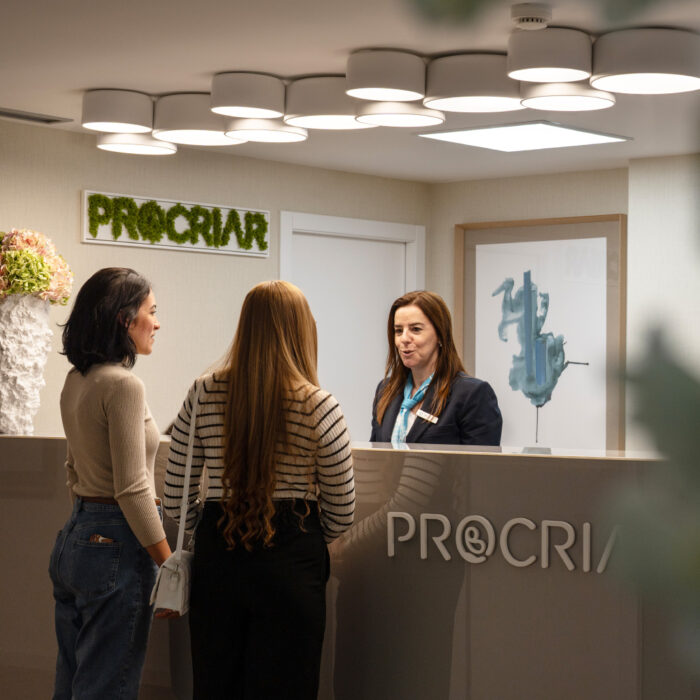
Learn more about how we can help
Arrange a free call with one of our expert Care Advisors today and learn more about how we can help you to preserve your fertility.


